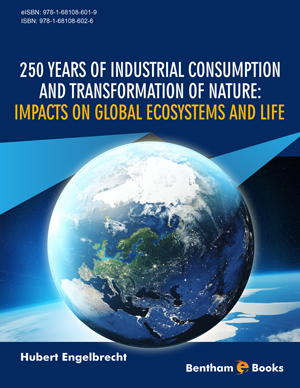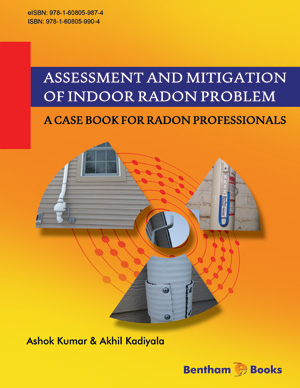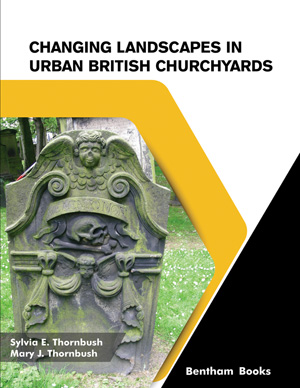Abstract
The efforts in high-altitude restoration on ski runs have changed considerably since the demands for sustainable erosion control arose in the 1970ies. In this study we compare the success of restoration measures dating from the beginnings of high-altitude restoration with that of modern techniques. Vegetation and ecological data suggest that formerly used seed mixtures were less effective for re-vegetation of ski runs than modern seed mixtures, which contain site-specific and regional plant species. The vegetative and generative traits of the site-specific plant species proved to be important for erosion control.
Keywords: Erosion control, high-altitude restoration, re-vegetation, seed mixture, site-specific, ski runs, plant selection, growth forms, ecological restoration, immigrating species, diaspore community, soil seed bank, spray irrigation experiment, water runoff, non site specific plants.












